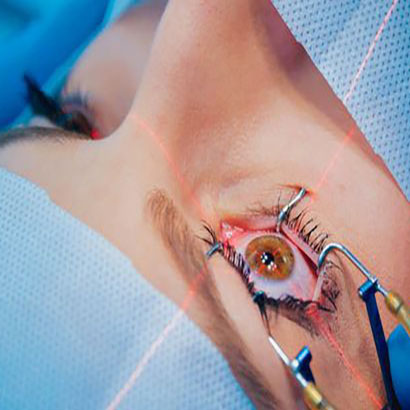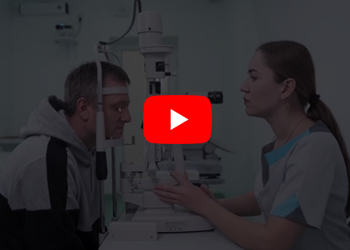What is Refractive Services?
Refractive services encompass a range of procedures and treatments aimed at correcting refractive errors in the eye, such as nearsightedness (myopia), farsightedness (hyperopia), astigmatism, and presbyopia. These services aim to improve visual acuity and reduce the need for corrective lenses, such as glasses or contact lenses. Refractive services may include both surgical and non-surgical options, tailored to meet the individual needs and preferences of patients. Here are some common refractive services:
- Glasses and Contact Lens Prescriptions: Optometrists and ophthalmologists provide comprehensive eye examinations to assess refractive errors and prescribe corrective lenses, including glasses and contact lenses, to improve vision.
- LASIK (Laser-Assisted in Situ Keratomileusis): LASIK is a popular surgical procedure used to correct refractive errors by reshaping the cornea using a laser. LASIK can effectively treat myopia, hyperopia, and astigmatism, allowing patients to achieve clearer vision without the need for glasses or contact lenses.
- PRK (Photorefractive Keratectomy): PRK is another type of laser eye surgery that reshapes the cornea to correct refractive errors. Unlike LASIK, PRK involves removing the outer layer of the cornea (epithelium) before laser treatment. PRK may be recommended for patients with thin corneas or other corneal issues.
- SMILE (Small Incision Lenticule Extraction): SMILE is a minimally invasive laser eye surgery that corrects myopia by creating a small incision in the cornea to remove a tiny, disc-shaped piece of tissue. SMILE offers the advantage of faster recovery and reduced risk of dry eye compared to traditional LASIK.




